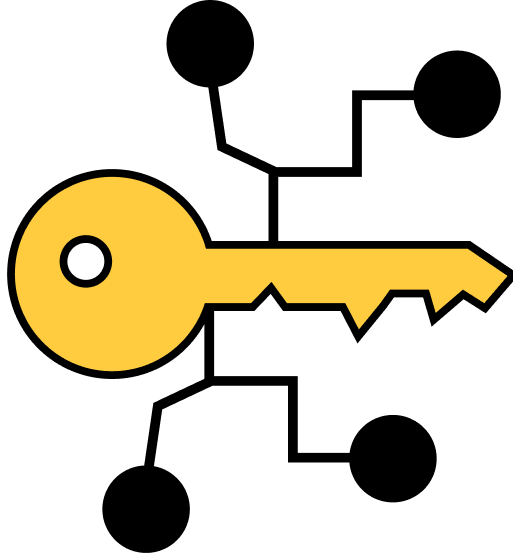Canada
Canada is mostly following the US in terms of regulation. With Bitcoin it might be a bit different though.
Canada allows the use of cryptocurrencies. According to the Government of Canada webpage on digital currencies, “you can use digital currencies to buy goods and services on the Internet and in stores that accept digital currencies. You may also buy and sell digital currency on open exchanges, called digital currency or cryptocurrency exchanges.” However, cryptocurrencies are not considered legal tender in Canada. According to the Financial Consumer Agency of Canada, “only the Canadian dollar is considered official currency in Canada.” The Currency Act defines “legal tender” as “bank notes issued by the Bank of Canada under the Bank of Canada Act” and “coins issued under the Royal Canadian Mint Act.”
Recently CSA (Canadian Securities Administration) announced new guidance set to better the level of disclosures associated with digital assets.
Blockchain technologies
Canada’s dominance in Blockchain innovation stems in part from Toronto being home to Vitalik Buterin who is the inventor of the Ethereum Blockchain, a second-generation open source software platform, with a general scripting language, which created a protocol for building reliable decentralized trusted networks. It extends the functionality of Satoshi Nakamoto’s Blockchain design which powered decentralized peer-to-peer Bitcoin payment, by adding the concept of smart contracts, also called scripting.
This feature allows the platform to store and run computer programs and enables developers to build and deploy decentralized applications and create whatever operations they want with permanent, trusted record of assets and transactions. The first public Ethereum backed network went live in 2015 and supports ether (ETH), currently the second highest valued cryptocurrency at $63 Billion. ETH finances the Ethereum Swiss Foundation and is used by application developers to pay for transaction fees and services on the Ethereum network.














 Twitter
Twitter
 Telegram
Telegram
